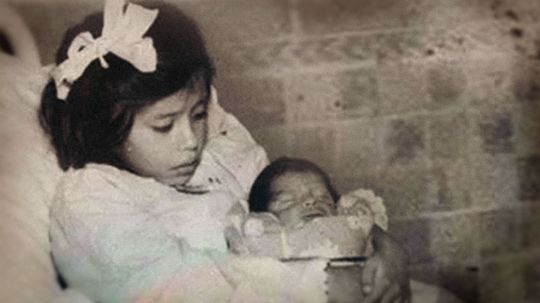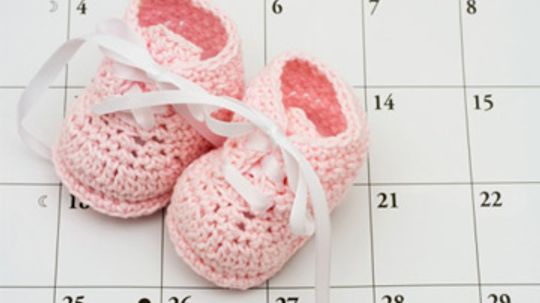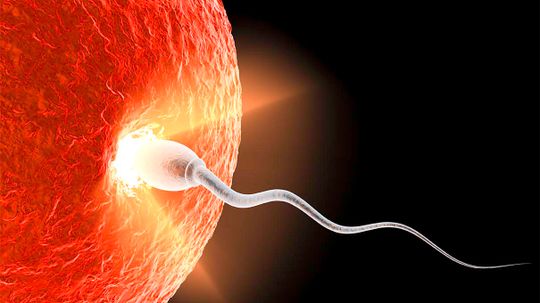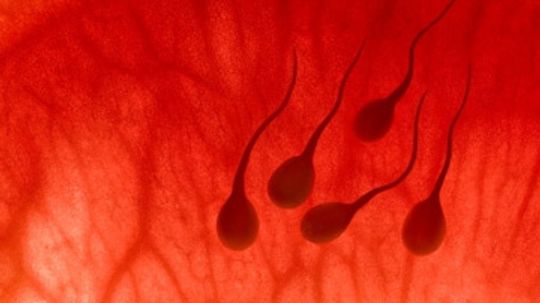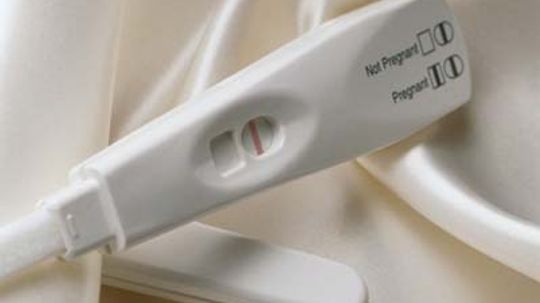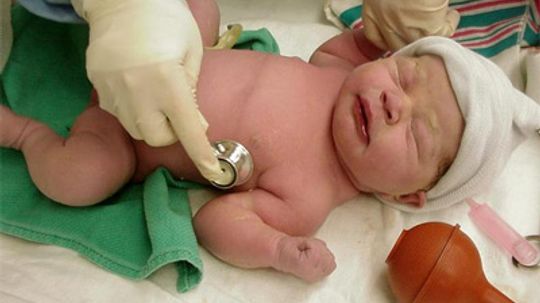Conception
Conception may happen on purpose or by happy accident. Learn what is happening during conception and what you can do to encourage conception when you're trying to get pregnant.

10 Weird Pregnancy Cravings That Actually Make a Lot of Sense

Exercise During Pregnancy

Can a woman get pregnant during her period?
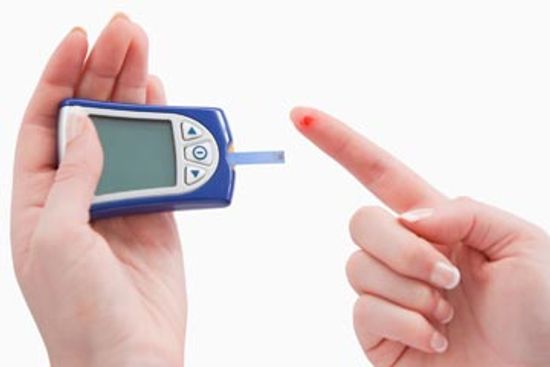
Does diabetes affect fertility?
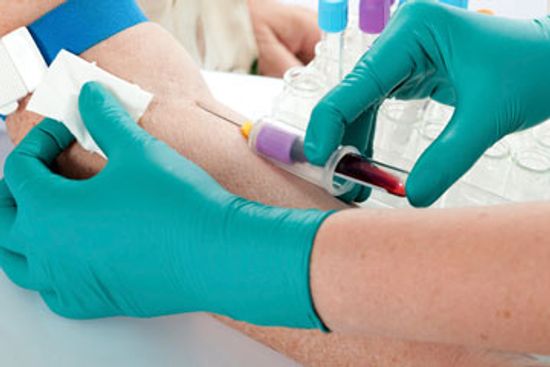
Hormone Imbalances and Infertility

What Do Babies See Before Birth?

Guide to Being 39 Weeks Pregnant

Guide to Being 28 Weeks Pregnant

C-sections Can Affect a Baby's Immune System

Quick Tips: Pedicures and Labor
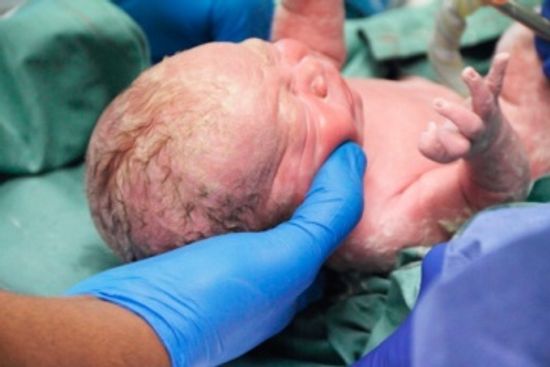
How a Baby Experiences Labor and Delivery

How to Deal with Swelling After Pregnancy

How does postpartum depression affect infants?

How to Minimize Stretch Marks After Pregnancy

Miscarriage Overview
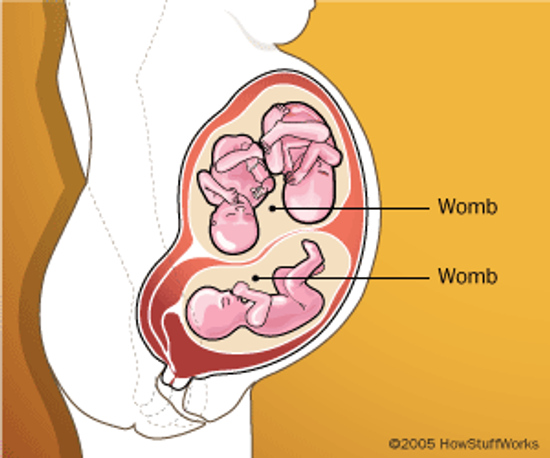
If a Woman Has Two Wombs, Can She Get Pregnant in Both?
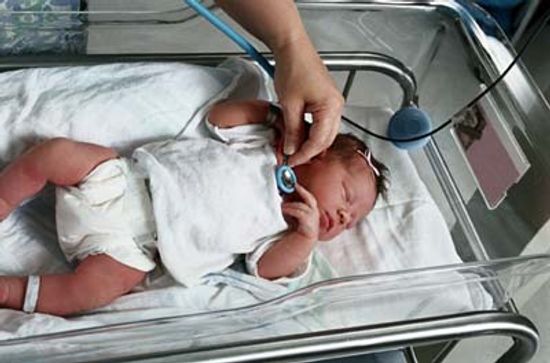
A Guide to Pregnancy Complications

Rare Condition Causes New Mom to Lactate Outside Her Breast
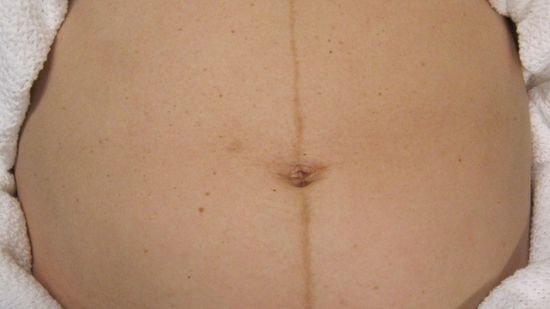
What Is the Linea Nigra of Pregnancy?

Is it possible for a pregnant woman to be allergic to the placenta?
Learn More
The world's youngest mother, Lina Medina, gave birth to a healthy baby boy at age 5 in 1939. But how could that happen?
By Dave Roos
It's extremely rare but not unheard of. So, how does it happen?
By Alia Hoyt
As far as contraceptives go, intrauterine devices (IUDs) are generally the most effective method short of abstinence. But does highly effective mean fool-proof?
Advertisement
When it comes to keeping track of your birth control, Depo-Provera -- administered via injection from your physician every 12 weeks -- seems to eliminate a lot of worry. But how effective is it?
Finding out you have gonorrhea and learning how to treat it can be challenging enough. But you also need to be aware of how this STI could affect your fertility.
Though the evidence is largely anecdotal, there are some simple steps you can take to improve your chances of getting pregnant, including a change in positions.
The miracle of life brings joy to many expecting parents when they welcome a child into the world. But an improperly functioning thyroid gland could make conception a challenge.
Advertisement
It's well-documented that a sedentary lifestyle can have negative effects on your health. But can too much exercise harm your fertility?
Prescription pain medication can make daily life a lot more tolerable for people suffering from chronic conditions. But could they also rob you of your ability to conceive?
Important advice for being as healthy as possible before pregnancy. Learn more about these 5 ways to detox naturally before pregnancy.
By Sara Novak
It may seem that getting pregnant doesn't take much precision. Sperm meets egg, and a baby's conceived. The odds are good -- about 85 percent of hopeful couples will conceive within a year -- but can you get pregnant any time in the monthly cycle?
Advertisement
Finding out if you're pregnant is an exciting process, but waiting for it to happen can really try a person's patience. Just how soon after having sex will you actually become pregnant? And how early can you test for pregnancy?
By Jill Jaracz
When it comes to making a baby, odds are stacked against any one sperm making it to the finish line: the egg. Assuming both people are healthy, how long do sperm need to complete the race? Could you be pregnant before you get up for a drink of water?
Let's be honest: While most of us enjoy the act that leads to conception, few of us understand what happens between the fun part of the process and the part where you start saving up for another human's college education. So how does conception work?
By Tom Scheve
There was a time when women wishing to get pregnant might try drinking a potion made with powdered wolf's penis. Alternately, she could wear a charm made from a quail's heart. Here, we examine 10 of the most common myths about getting pregnant.
Advertisement
How can you tell if you're pregnant? Some women notice symptoms even before they take a test. Although these aren't conclusive, you should definitely get tested if you experience any of these symptoms.
The technology that brought us the modern home pregnancy test didn't just save women trips to the OB-GYN. It saved the lives of rabbits. These fluffy creatures do more than just assist magicians -- they can indicate pregnancy.
By Robert Lamb
Changes in your body and a late menstrual cycle are signs that you are pregnant. Performing a home pregnancy test is the easiest way to find out. Learn how pregnancy tests work.
When it comes to human reproduction, animal metaphors are popular, with all those birds, bees and even storks. Here, we turn to biology to learn how human reproduction works.
Advertisement
During pregnancy, an egg transforms from a tiny mass of cells into a living, breathing baby. Learn how the fetus develops during each trimester of the pregnancy and find out how the baby finally makes its way into the world.
